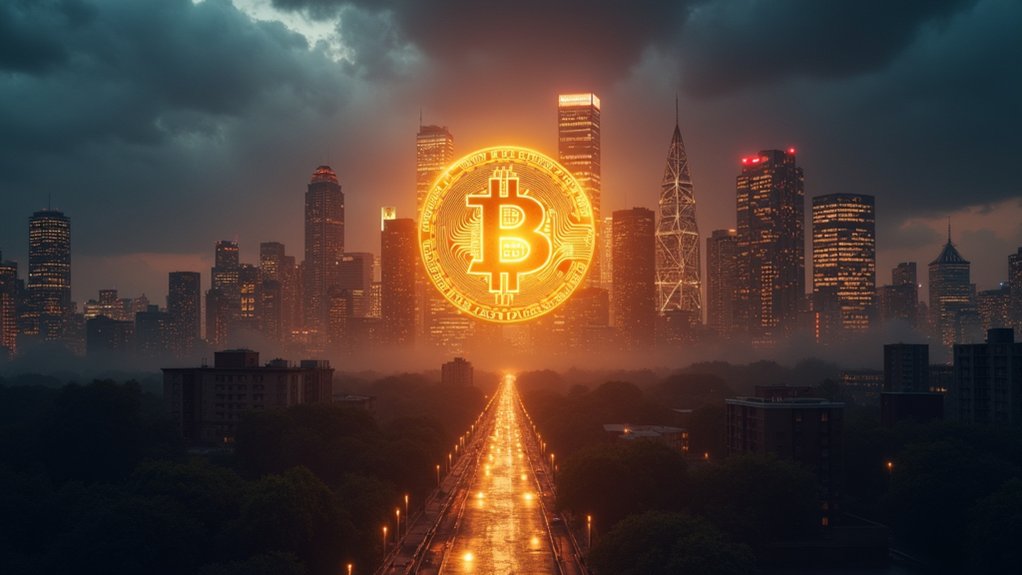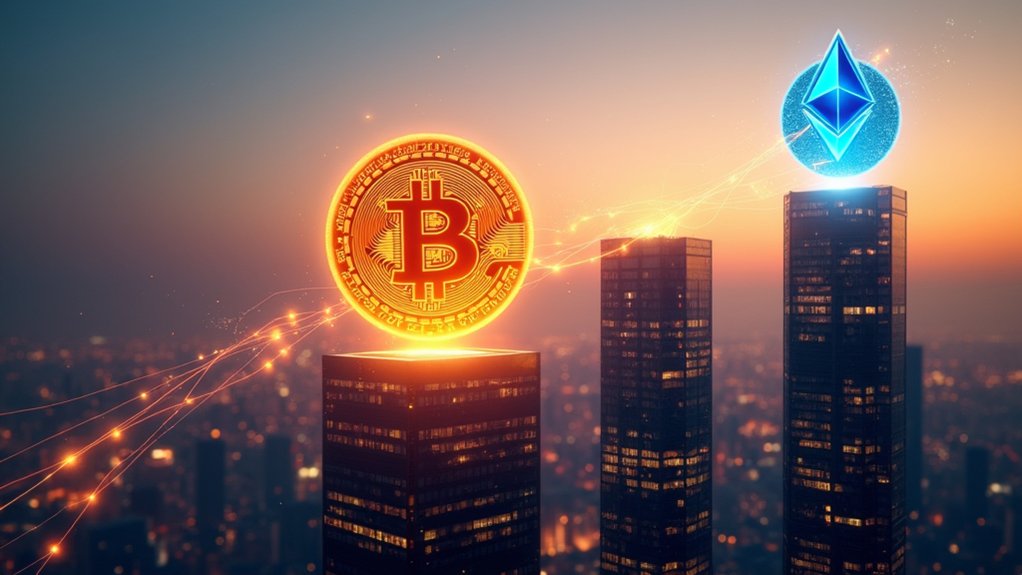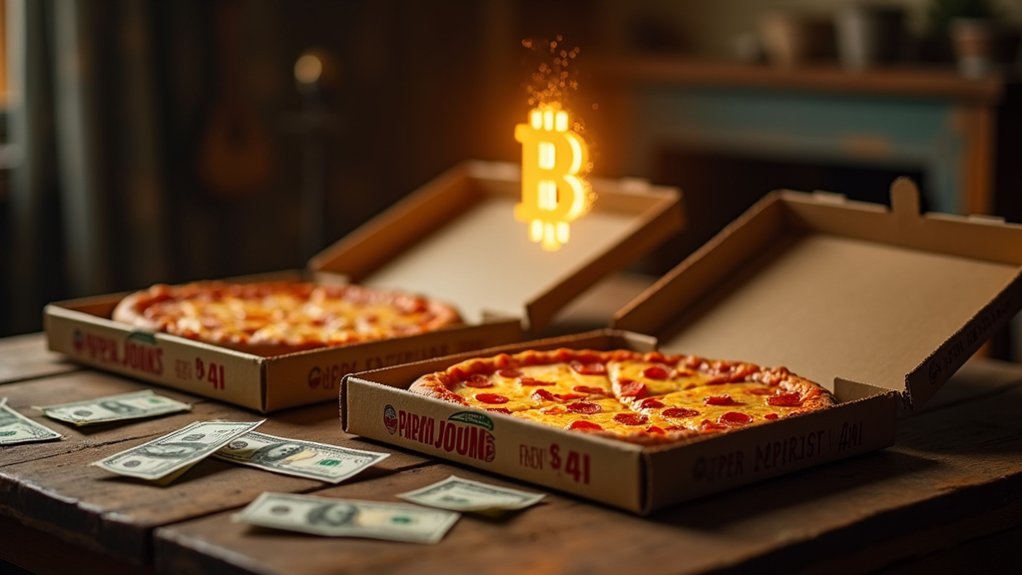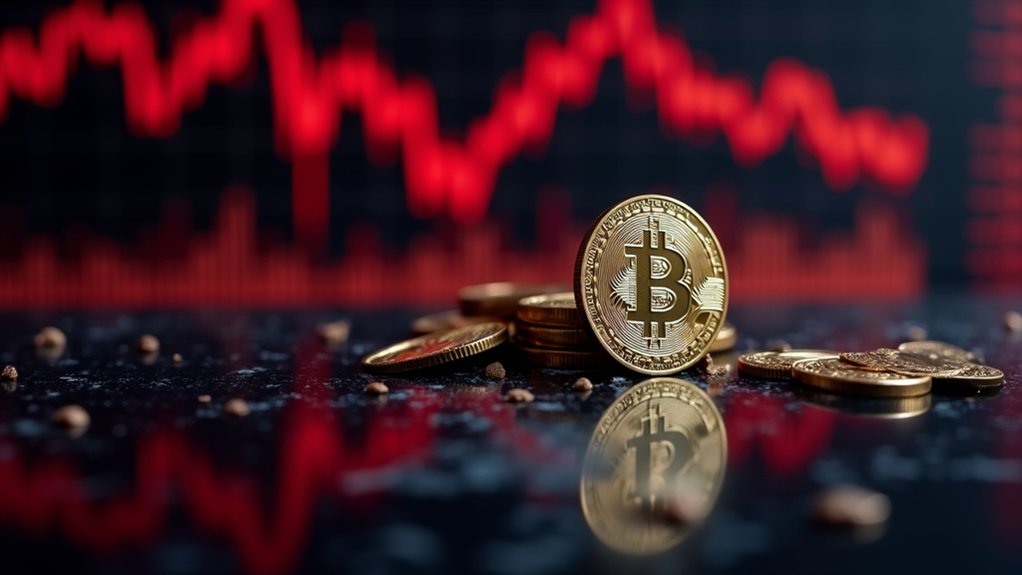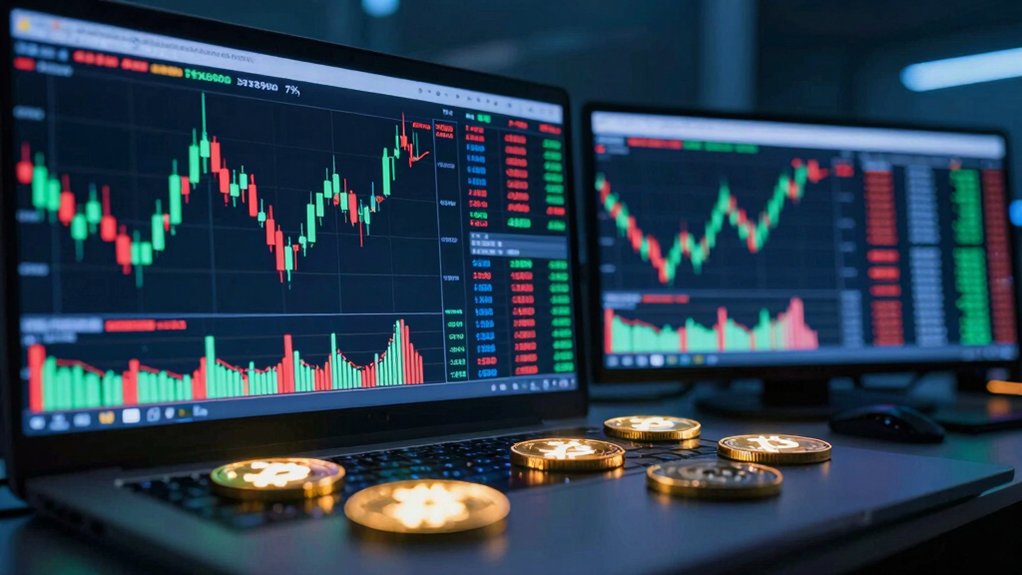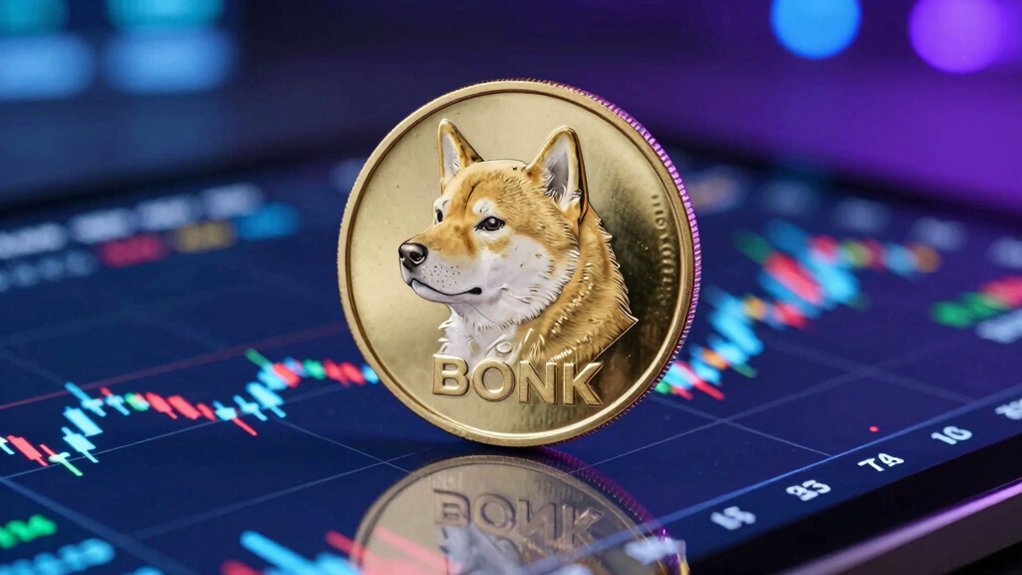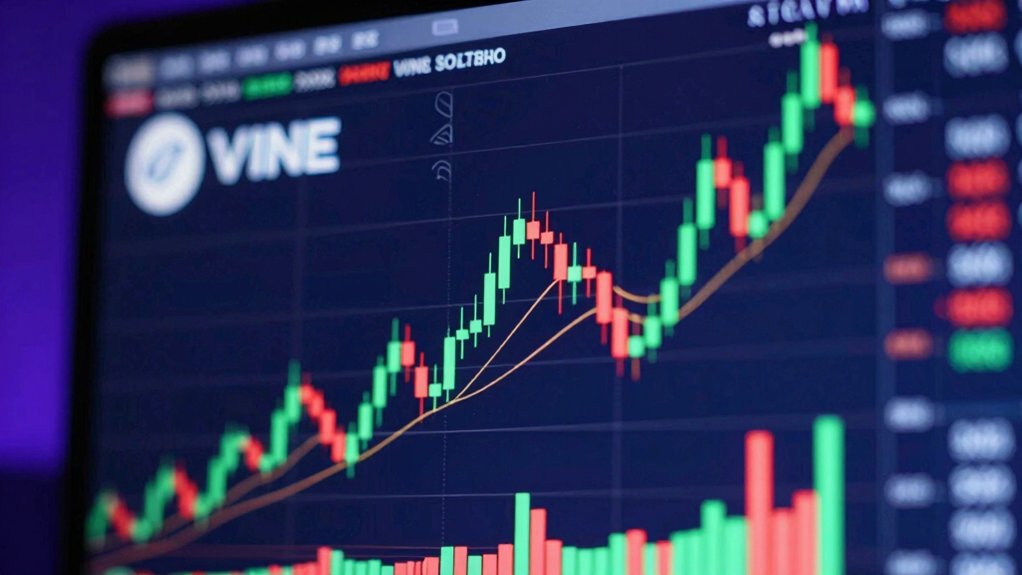Although many cling to the illusion of market stability, Robert Kiyosaki’s stark warning of an imminent, historic crash this summer shatters complacency with brutal clarity, exposing the fragility of stocks, bonds, and real estate under crushing debt and broken retirement systems—an economic house of cards poised to collapse, dragging aging Baby Boomers into financial ruin while sparking a frenzied rush toward Bitcoin, ironically hailed as the last refuge amid this orchestrated chaos. This looming catastrophe is not merely a product of reckless borrowing or obsolete pension frameworks, but also a consequence of shifting economic policy changes that, despite their grandiose promises, have failed to address systemic vulnerabilities, instead exacerbating instability. As governments scramble to recalibrate fiscal strategies, the undercurrents of cryptocurrency regulation add another layer of complexity, with regulators oscillating between crackdowns and reluctant acceptance, leaving investors in limbo and markets jittery. Robert Kiyosaki forecasts billions will flow into Bitcoin this summer, highlighting a major shift in investor behavior toward cryptocurrencies. He also emphasizes that Baby Boomers will be most affected by the downturn, underscoring the generational impact of the crash. Bitcoin’s original creation by Satoshi Nakamoto and its pioneering blockchain technology underpin this new wave of investor confidence.
This regulatory ambivalence, far from providing clarity, fuels uncertainty, ironically validating Bitcoin’s narrative as a decentralized sanctuary from capricious authorities and failed economic dogmas. Bitcoin’s surging appeal amidst collapsing traditional markets underscores a broader distrust in centralized financial institutions and their capacity to manage crises, revealing cracks in the very foundations of economic governance. The anticipated deluge of capital into Bitcoin, predicted to soar to unprecedented valuations, reflects not just opportunism but a desperate bid for preservation against a backdrop of eroding confidence in stocks, bonds, and real estate.
Kiyosaki’s forecast challenges entrenched orthodoxies, demanding accountability from policymakers whose shortsighted decisions have paved the way for widespread turmoil. Investors, particularly vulnerable Baby Boomers, face a harsh reckoning, their reliance on conventional assets rendering them casualties in a financial battlefield reshaped by debt, regulatory ambiguity, and the relentless march of economic policy shifts. The question is no longer if the crash will occur, but how deeply it will scar an unprepared generation.
